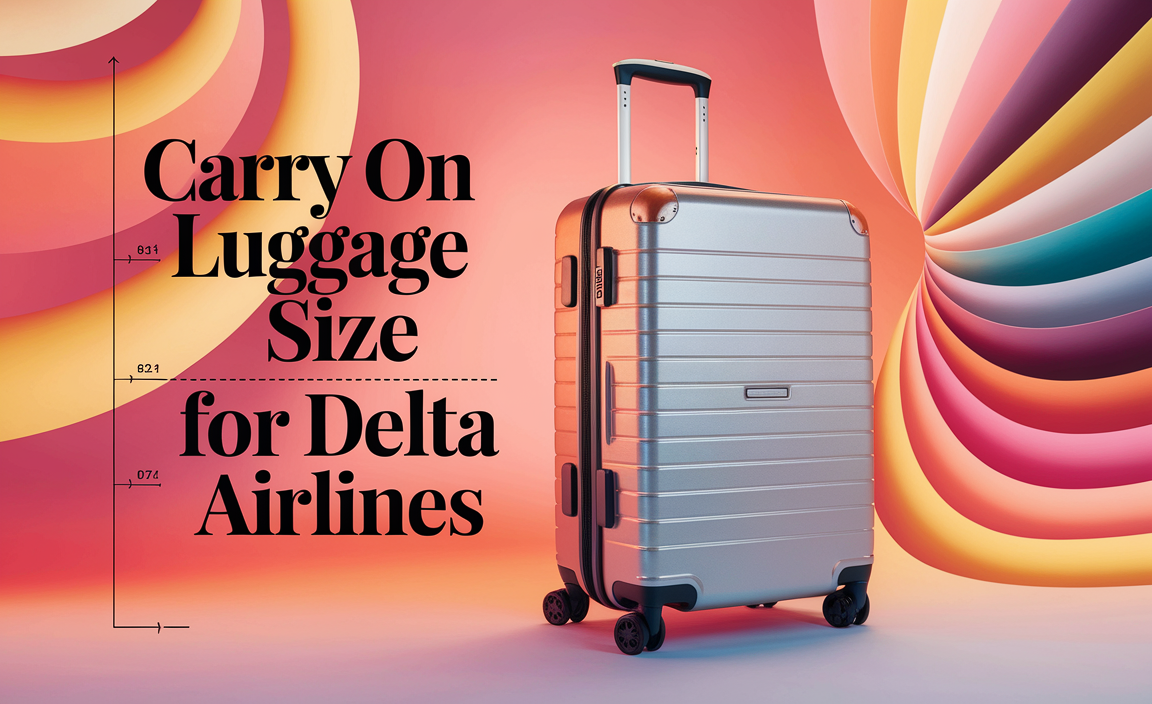Addis Ababa solo female travel is achievable and rewarding with smart preparation. This guide offers essential safety, cultural, and practical tips to ensure a confident and comfortable journey through Ethiopia’s vibrant capital. Explore confidently!
Traveling solo as a woman can feel a little daunting, especially when heading to a new continent. If Addis Ababa, Ethiopia, is on your radar, you might be wondering how to navigate this bustling East African hub with ease and confidence.
It’s completely natural to have questions, but rest assured, with a bit of planning and the right insights, your solo adventure can be incredibly fulfilling and safe. This guide is here to equip you with practical, easy-to-follow advice, turning any anxieties into excitement for the incredible experiences that await you.
Why Addis Ababa for Solo Female Travelers?
Addis Ababa, the political and economic heart of Ethiopia, is a city of captivating contrasts. From bustling markets filled with aromatic spices to serene historical sites and a thriving arts scene, there’s a unique charm that draws many to its doorstep. For the solo female traveler, it offers a chance to immerse yourself in a rich culture, connect with warm and welcoming people, and experience a pace of life that’s both invigorating and grounding. While like any major city, it requires awareness, the spirit of Ethiopian hospitality makes it an increasingly accessible destination for independent explorers. It’s a place where you can truly discover yourself amidst ancient history and modern dynamism.
Essential Preparation Before You Go
Setting yourself up for success starts long before you pack your bags. Thorough preparation is key to a smooth and enjoyable trip. This section covers the crucial steps to take to feel confident and secure as you plan your Addis Ababa adventure.
Visa and Entry Requirements
The first logistical hurdle is understanding visa regulations. Ethiopia offers a convenient e-Visa service for many nationalities, which is often the easiest way to secure your entry documentation. Always check the official website of the Ethiopian Ministry of Foreign Affairs or your local Ethiopian embassy for the most up-to-date information regarding visa types, application processes, and required documents. Applying online in advance can save you time and stress upon arrival. Ensure your passport has at least six months of validity beyond your intended stay.
Key Points for Visas:
- Check visa requirements for your nationality well in advance.
- Consider the e-Visa option for convenience.
- Ensure your passport is valid for at least six months past your travel dates.
- Keep copies of your visa and passport separate from the originals.
Travel Insurance: Your Safety Net
Don’t leave home without comprehensive travel insurance. This is non-negotiable for any solo traveler, and especially important when exploring a destination like Addis Ababa. Your policy should cover medical emergencies, trip cancellations, lost luggage, and any adventure activities you might be considering. Familiarize yourself with your policy details, including emergency contact numbers. A good insurance plan provides peace of mind, knowing that unexpected hiccups won’t derail your entire trip.
For reliable travel insurance options, resources like the U.S. Department of State’s travel advisories can offer context on safety considerations for destinations, which can help you choose appropriate coverage.
Health and Vaccinations
Consult your doctor or a travel clinic at least 4-6 weeks before your departure. They can advise on recommended vaccinations and necessary precautions for Ethiopia. Common recommendations include vaccinations for Hepatitis A, Typhoid, and Tetanus, as well as ensuring your routine immunizations are up-to-date. Depending on your travel plans within Ethiopia, other vaccinations like Yellow Fever or Rabies might be suggested. Malaria is present in certain regions, so discuss appropriate preventative medication with your healthcare provider.
The Centers for Disease Control and Prevention (CDC) is an excellent resource for detailed health recommendations for travelers to Ethiopia:
Don’t forget to pack a basic first-aid kit with essentials like pain relievers, antiseptic wipes, bandages, and any personal medications. If you use products like adult diapers or child diapers for comfort or specific health needs during long journeys or extended explorations, ensure you pack an adequate supply or know where you might be able to find them if needed. Pre-planning for personal care needs ensures comfort and reduces stress.
Currency and Budgeting
The currency in Ethiopia is the Ethiopian Birr (ETB). While credit cards are accepted in larger hotels and some tourist-oriented establishments, cash is king for smaller shops, markets, and local transportation. Inform your bank about your travel dates and destination to avoid any issues with your cards. ATMs are available in Addis Ababa, but it’s wise to carry some U.S. Dollars or Euros for initial expenses, which can be exchanged at the airport or local banks. Research average costs for accommodation, food, and transport to create a realistic budget.
Navigating Addis Ababa: Safety and Comfort
Feeling safe and comfortable is paramount for any solo traveler. Addis Ababa, while welcoming, requires a mindful approach. Here’s how to navigate the city with confidence.
Understanding Local Customs and Etiquette
Ethiopians are known for their hospitality, referred to as “Ferenj” (foreigner) in a neutral, observational way. It’s considered polite to greet people with “Selam” (hello) and to dress modestly, especially when visiting religious sites. This means covering your shoulders and knees. Learning a few basic Amharic phrases like “Amesegnalehu” (thank you) can go a long way in fostering positive interactions. Be aware of your surroundings, especially in crowded areas, and avoid displaying expensive items openly.
Transportation in Addis Ababa
Getting around Addis Ababa offers several options, each with its pros and cons for a solo female traveler:
Taxis (Private and Ride-Sharing Apps)
Blue-and-white taxis are common, but it’s advisable to agree on the fare before starting your journey, or ensure the meter is used. Ride-sharing apps like RIDE and ZayRide are increasingly popular, offering convenien






